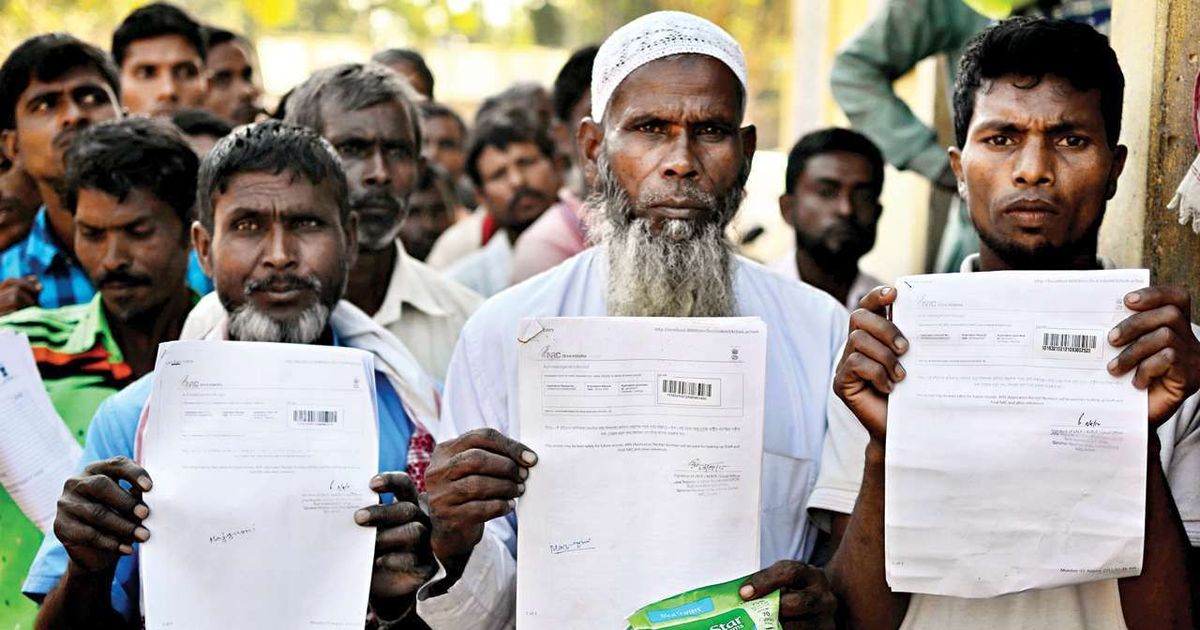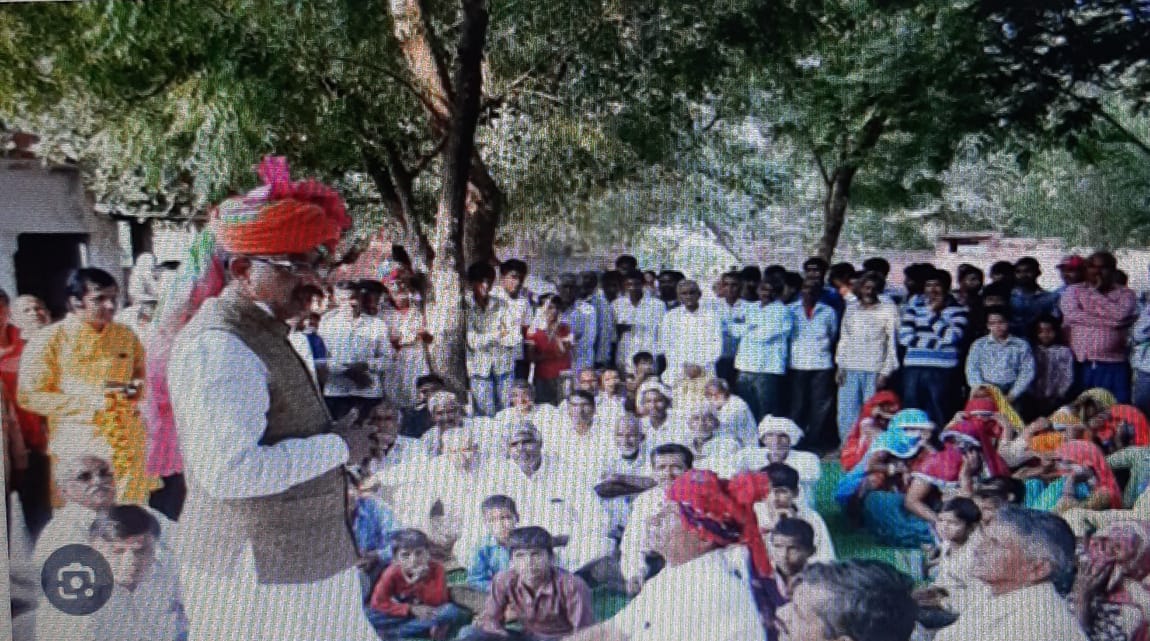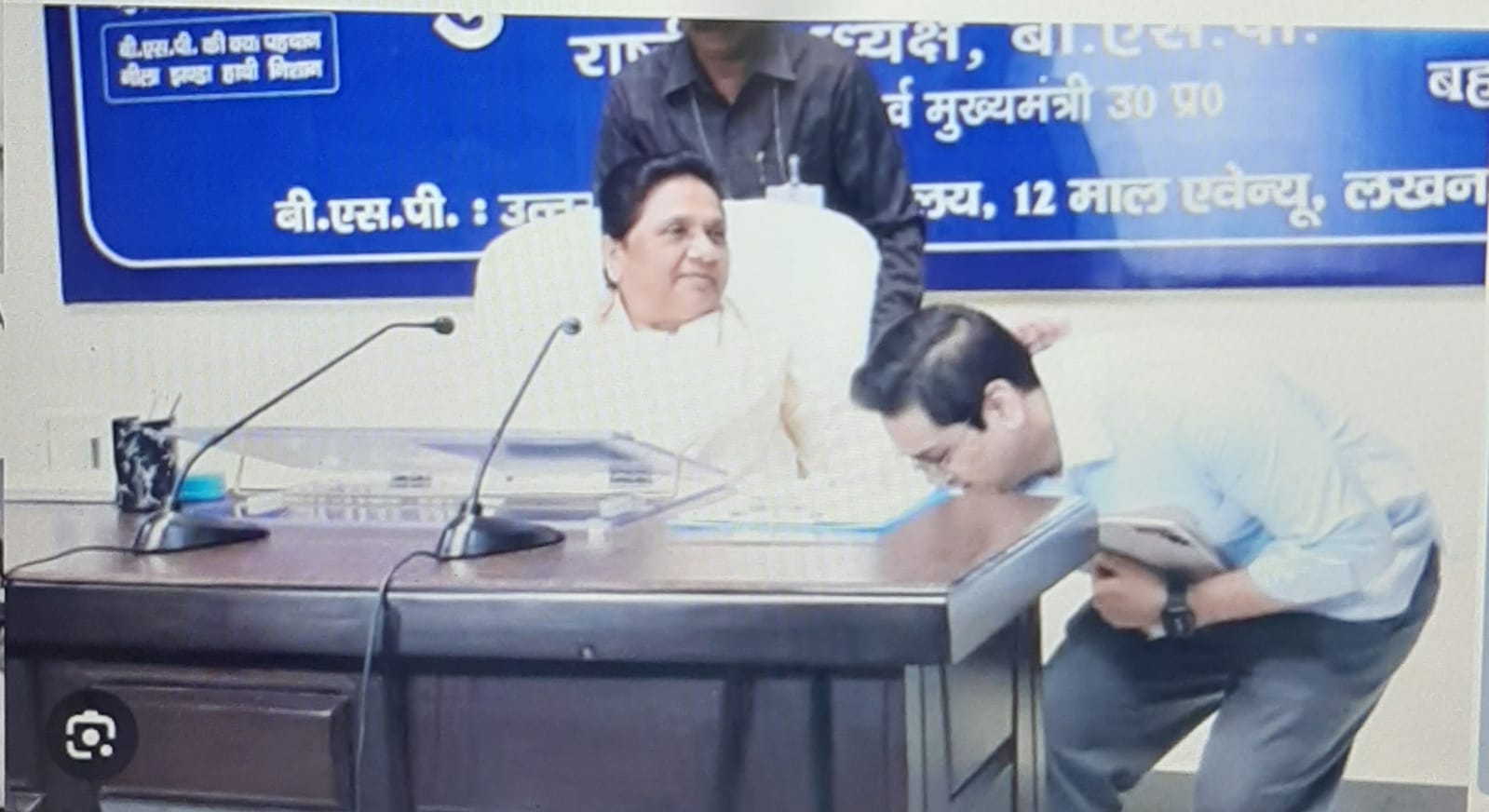
Even as Assam continues to struggle with finalising and updating National Register of Citizens (NRC) where 1.9 million residents have been excluded, various BJP-led state governments are toying with the idea of replicating the process in their geographical areas, which appeared to be a political move. The Haryana Chief Minister Manohar Lal Kattar, who is in the middle of state assembly election, said that he will implement the NRC in the state. Similar voices have also erupted from Jharkhand, Uttar Pradesh and other states ruled by the BJP. The general refrain is that illegal immigrants from Bangladesh are eating into the benefits due to legal Muslim residents of the state. There is no doubt that every country has right to protect its international boundaries from illegal immigrants. Assam has been facing enormous problem for decades and a strong anti-immigration movement was also launched in the state. The NRC thereafter was done on the instructions of the court.
However RSS and its political wing BJP over the years had given a communal tinge by targeting only Muslims, which started from Assam and now the party has been toying with the idea of replicating it all over the country. The issue, though of serious nature for various economic and security reasons, should be taken up without caste and communal consideration. The BJP had also made it a political issue during Lok Sabha elections by accusing other political parties of turning blind eye to the issue for “votebank” politics. Thus BJP’s electoral motivation is absolutely clear as it takes the issue to the national level. The rhetoric of NRC deepens Hindu-Muslim polarisation, and helps consolidate the “Hindu vote” in regions with a substantial Muslim population, for instance West Bengal. But it is time to step back and look at Assam and lessons from there. The NRC process extracted huge costs. It caused great humanitarian distress; it divided Assamese society and the political subtext became communal in nature; it can also lead to a possible rift with Bangladesh since the discourse is centred around immigrants from there; and it has caused uncertainty since there is no clarity on what happens to those excluded. Several Policy analysts have also spoken of bureaucratic dysfunction, how the government does not have faith in its own documents, and the lack of state capacity to have a fair process of this scale. BJP itself is not satisfied with the outcome in Assam because the NRC process overturned its own assumptions. Not as many Muslims as it thought were excluded; and more Hindus than it assumed were left out. Others have pointed to exclusion of genuine citizens, irrespective of religion. All of it means that while citizens have the first right over India, replicating the NRC nationally is not a solution to illegal immigration.









